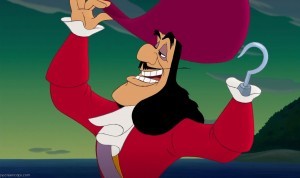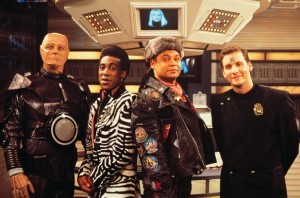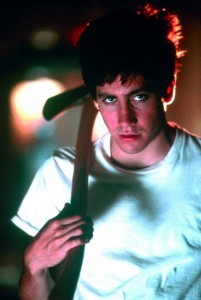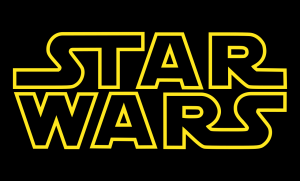The D. C. Hook Hypothesis: A Riff on Writing
Trust me, the title of this blog makes it sound a lot more intellectual than it currently is. Basically, I have a lot of ideas about stuff, and quite often they occur when I’m half asleep and lying in bed.
As a side note, my most recent notes suggested that there is, in fact, a god, but that no religion has successfully figured out the identity of that god. That pisses the real god off, which is why we have pointless holy wars and people killing other people in the name of their respective gods. Don’t steal that, by the way, because I might write a story about it.
But I digress, because today I want to talk about the D. C. Hook hypothesis, a revolutionary new approach to writing that somebody else has probably already come up with.

The D. C. Hook Hypothesis
The basic premise is this: Characters + Hook = Story Line.
Let me explain. Your characters are your characters, the dramatis personae who take centre stage in your writing. The hook, meanwhile, is that unique special something that makes your story unique – for example, the hook behind the popular movie The Butterfly Effect is the exploration of the theory it takes its name from. When you’ve got strong characters and a strong hook, the story line writes itself – the entire piece of work can be around the way that your characters respond to and interact with that hook.
The interesting thing about the C+H=SL equation is that it can be scaled up and down, as needed. You can apply it to each of your chapters, for example, as well as for the overall book. It can even be applied to a series – the series itself must have an overall hook, and then each book in the series should have a separate hook of its own.

Red Dwarf
So let’s take a step back for a sec and take a look at some of the writers who’ve successfully used the technique. I’m going to use the cult TV show Red Dwarf as an example, to show you how there’s a hook for the show, for each series and for each episode:
Hierarchy
Hook (Red Dwarf)
Series
The last man alive is drifting through space on a space ship
Series
Series VIII: The resurrection of the ship’s crew
Episode
Cassandra: The crew meets a fortune-telling computer
In fact, the funny thing is that in the case of almost every good movie that was followed by a bad sequel, it’s because they failed to use the hook approach correctly. You simply can’t use the same hook for two movies if you expect people to see the second film and to enjoy it more than the first one.

Donie Darko
For example, if you’ve ever seen the second Donnie Darko movie, you’ll know that they tried to use the same ‘weird space shit‘ hook that they used the first time around. Unfortunately, they also lost their major character, and so they were stuck without the two major contributing factors towards a decent story line.
The same thing happened with The Butterfly Effect II – they tried to use the same hook that they used in the first film, and it failed spectacularly. And consider the Final Destination and Paranormal Activity series – sure, they may be successful, but is there anything to mark each of the films in those series apart?
You’re damn right there isn’t, because they all rely on the same hook, and while there are different characters in each of the movies, they’re so two-dimensional that when you combine the characters with the hook, you end up with a virtually identical story line for each movie.

Star Wars
Now, I’d love to say that there’s some grand ending to this article, but truth be told, there isn’t – all I can say is that I hope that I’ve successfully applied the hook approach to my own writing. Otherwise, who’s going to read my books?
In No Rest for the Wicked, which is due for release through Booktrope any day now, I used the oldest hook in the book – the battle between good and evil. Yeah, I know, I know – it’s been overdone. But it works really fucking well in the right hands – just look at Star Wars:
Hierarchy
Hook (Star Wars)
Series
The battle between good and evil
Trilogy
Original trilogy: Family ties versus loyalty to good/evil
Movie
A New Hope: Luke sets out to find his fortune
Maybe good versus evil isn’t such a bad hook after all…
The post The D. C. Hook Hypothesis: A Riff on Writing appeared first on DaneCobain.com.



